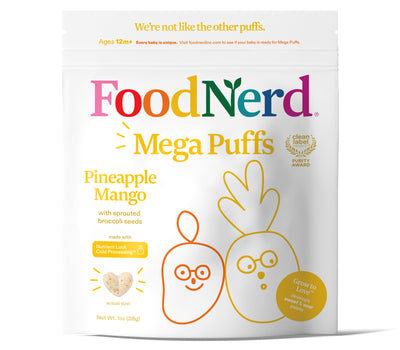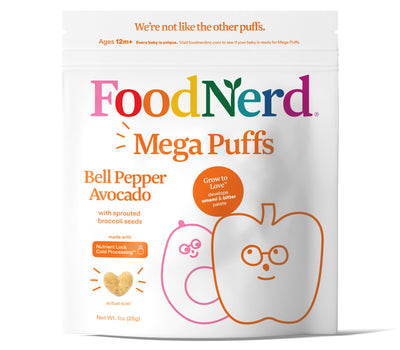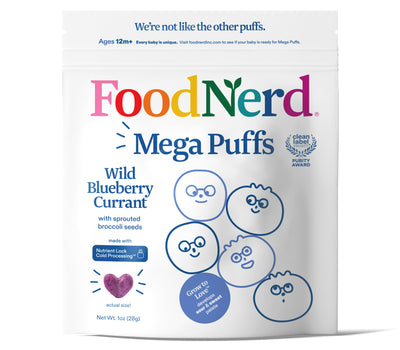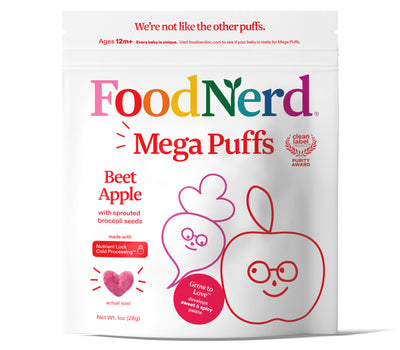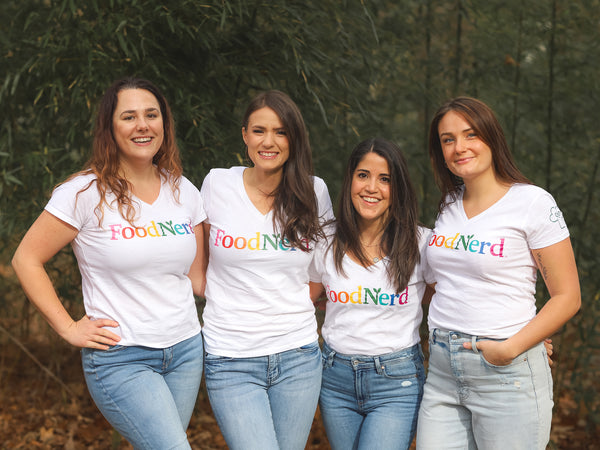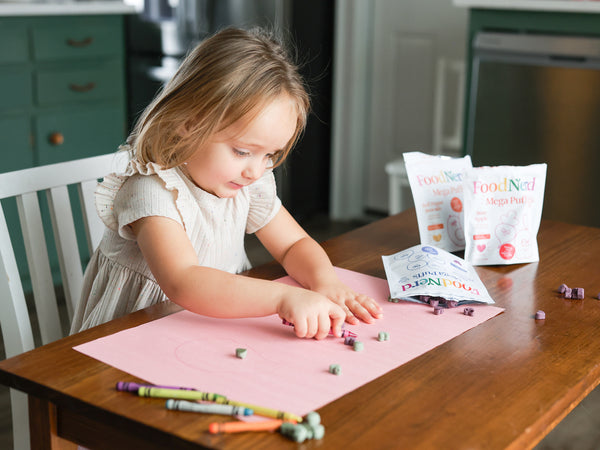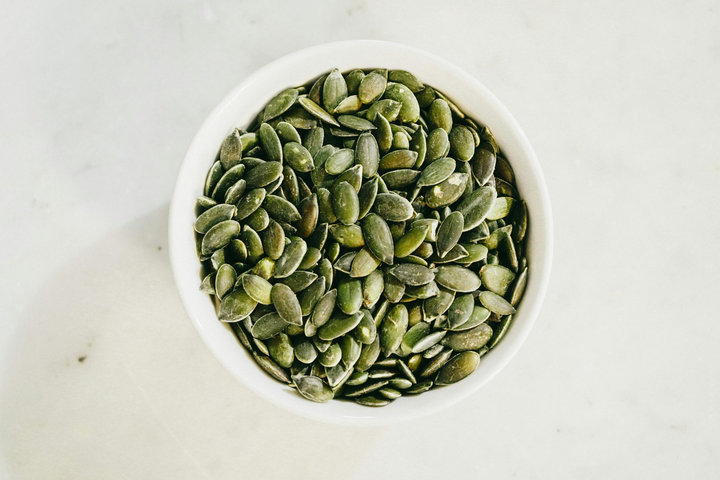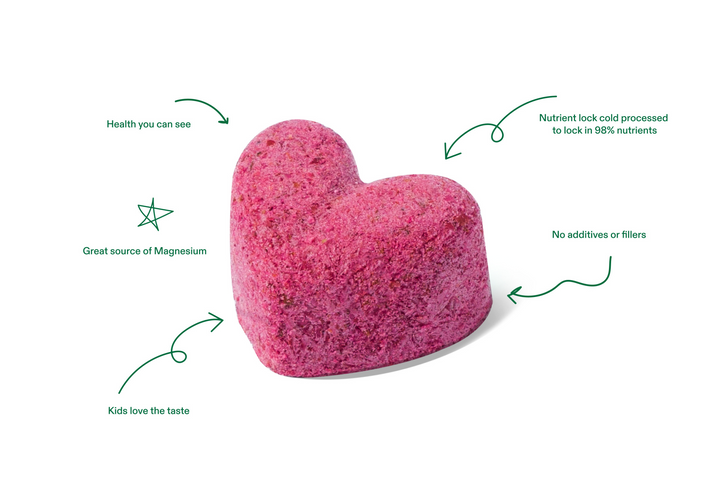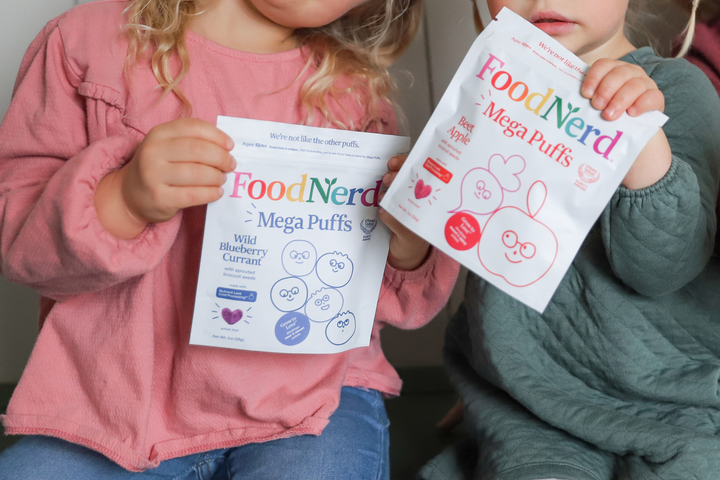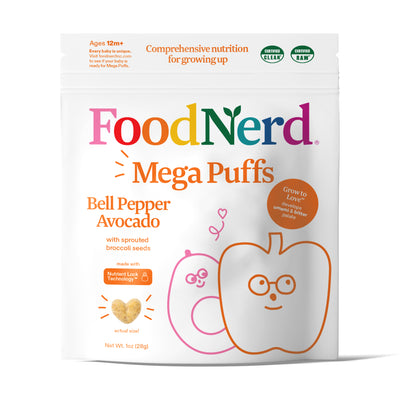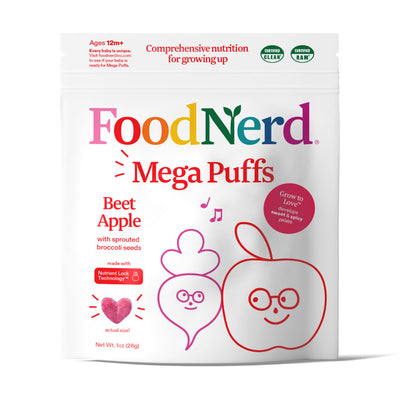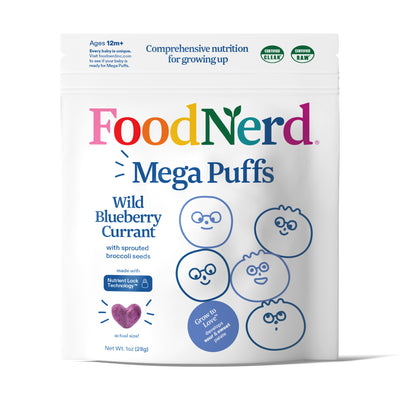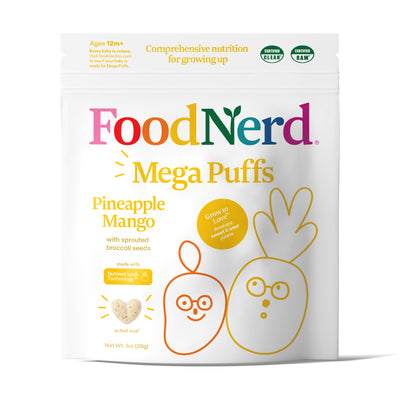Water is the universal symbol of life and hydration. It is a no-brainer for adults and older kids. So it often comes as a shock to new parents when pediatricians warn not to give water to your brand new baby—at least not until they’re around 6 months old.
Yep, you read that right. For infants, plain ol’ H2O can actually be incredibly dangerous. Many well-meaning parents, in an effort to keep their babies hydrated or soothe fussiness, unknowingly put their little ones at risk. The reasons behind this recommendation are not based on myth or overcaution, but on hard science and the unique physiology of newborns.
Let’s break it down—why can’t babies drink water in those early months, what can go wrong, and how to safely keep your little one hydrated as they grow.
Why Is Water Unsafe for Babies Under 6 Months?
It’s not the water itself that’s the problem—it’s how tiny babies process it. A newborn’s kidneys, stomach, and overall fluid balance system are still under construction. Giving water before their bodies are ready can cause serious health issues that escalate quickly.
Their Kidneys Just Aren’t Ready
Newborns have immature kidneys that can’t efficiently remove excess water. Unlike adults, their tiny bodies can't handle large volumes of fluid. When too much water enters the system, their kidneys struggle to excrete it, leading to something called water intoxication. (Spoiler: It’s as serious as it sounds.)
Water Intoxication and Electrolyte Imbalance
Here’s the science-y bit: water intoxication happens when excess water dilutes the sodium levels in the blood. Sodium is a critical electrolyte that helps regulate everything from nerve function to fluid balance. When it gets too low—a condition called hyponatremia—cells start to swell, including those in the brain.
And yes, that swelling can cause seizures, brain damage, and even death in severe cases. Studies published in The Journal of Pediatrics show that even as little as 4 to 8 ounces of water can trigger symptoms in infants.
What Happens When Water Replaces Breast Milk or Formula?
Empty Calories in a Very Small Stomach
A baby’s stomach is teeny tiny—about the size of a cherry at birth and an egg by one month. That limited space needs to be filled with nutrient-dense fuel like breast milk or formula. Water? It has zero calories and no nutritional value.
Giving water can trick a baby into feeling full, leading to reduced milk intake. Less milk means fewer essential nutrients during a period when the brain and body are growing at lightning speed. It’s not just a missed meal—it’s a missed opportunity for growth.
Don’t Dilute That Bottle
Some parents try stretching formula by adding extra water to make it “go further.” Please don’t. Formula is meticulously designed to have the right ratio of water, protein, fat, and nutrients. Diluting it throws off the balance and can lead to malnutrition and—you guessed it—electrolyte issues.
Similarly, offering sips of water between nursing sessions may reduce a baby’s hunger cues, affecting both milk intake and the mother’s milk supply.
So What’s the Right Age to Introduce Water?
According to the American Academy of Pediatrics (AAP) and World Health Organization (WHO), you can begin offering small amounts of water at around 6 months, which is also when most babies start solid foods. That’s not a coincidence—by then, their kidneys are better developed and their digestive systems can handle a bit of extra fluid.
How Much Water is Safe at First?
Start with just 2–4 ounces per day, offered in a cup with meals or snacks. The idea here isn’t hydration (breast milk and formula still cover that)—it’s about helping your baby get used to drinking from a cup and experiencing water as a beverage. By the time they hit their first birthday, they may be drinking around 8–16 ounces per day, depending on how much solid food they’re eating.
Recognizing Water Intoxication: What to Watch For
Despite the guidance, accidental water consumption happens—especially when well-meaning relatives or babysitters aren’t aware of the risks. If a baby under 6 months has had water, keep an eye out for these red-flag symptoms:
- Unusual sleepiness or lethargy
- Puffiness or swelling (especially around the eyes)
- Drop in body temperature
- Fewer wet diapers than normal
- Irritability or unusual fussiness
- Vomiting
- Seizures
If your baby shows any of these signs after drinking water—head to the ER immediately. Time is critical, and early treatment can prevent serious complications.
But What About Hot Weather or Dehydration?
It’s natural to worry about your baby staying hydrated during a heatwave, illness, or after a particularly sweaty nap. Here’s the comforting news: breast milk and formula already contain all the hydration your baby needs, even in warm climates. Breast milk is about 87% water, and the formula is similarly balanced.
If your baby seems extra thirsty or isn’t feeding well, the solution isn’t water—it’s more frequent breast or bottle feedings. Always check with your pediatrician if you’re concerned.
What Makes 6 Months the Magic Number?
At around 6 months, a few key things happen developmentally:
- Kidneys mature: They can better manage fluid balance and excrete water safely.
- Stomach grows: It can hold more food without crowding out nutrition.
- Solids begin: The introduction of solid foods changes hydration and feeding dynamics.
- Oral motor skills improve: Babies can start drinking from a sippy or open cup, practicing coordination.
What Parents Can Do: Safe Hydration Tips
- Stick to breast milk or formula only until your baby is at least 6 months old.
- Avoid diluting formula—always follow the mixing instructions precisely.
- Don’t offer plain water between feedings in the early months, even if baby seems thirsty.
- Introduce water slowly after 6 months, starting with small sips during meals.
- Educate caregivers: Make sure grandparents, babysitters, and daycare providers understand your feeding plan.
Final Thoughts: It’s Okay to Be Surprised
If you’re surprised to learn that water can be dangerous for babies, you’re not alone. It feels counterintuitive because, well, water is the most natural thing in the world. But infant nutrition is full of surprises like this—what’s safe and essential for adults doesn’t always translate to tiny tummies and developing systems.
So now we’ve answered the question, “Why can’t babies have water?”, keep those 8 oz glasses for yourself. Rest easy knowing that breast milk or formula is doing all the hydration heavy lifting your baby needs.
If you’re ever unsure about feeding, hydration, or your baby’s development, don’t hesitate to reach out to your pediatrician. Every baby is unique, and your doctor can help tailor advice to your little one’s needs.
To learn more about what might be harmful to your baby, read more blog posts here.
Frequently Asked Questions
- Can I give my baby water before 6 months? No, it’s not recommended to give your baby water before 6 months. Babies under 6 months have immature kidneys and digestive systems that can't handle extra water. Breast milk or formula provides all the hydration they need during this time.
- How much water can I give my baby after 6 months? Start with small amounts of water—2 to 4 ounces per day. As your baby grows and starts eating more solids, their water intake can gradually increase to 8 to 16 ounces per day by their first birthday.
- What should I do if my baby drinks water before 6 months? If your baby accidentally consumes water before 6 months, watch for signs of water intoxication, such as unusual sleepiness, puffiness, or vomiting. If you notice any of these symptoms, seek immediate medical attention as early treatment can prevent complications.
- Can I give my baby water in hot weather? Breast milk or formula already provides all the hydration your baby needs, even in warm weather. If your baby seems extra thirsty, offer more frequent feedings of breast milk or formula instead of water. Always consult your pediatrician if you’re concerned about hydration.
